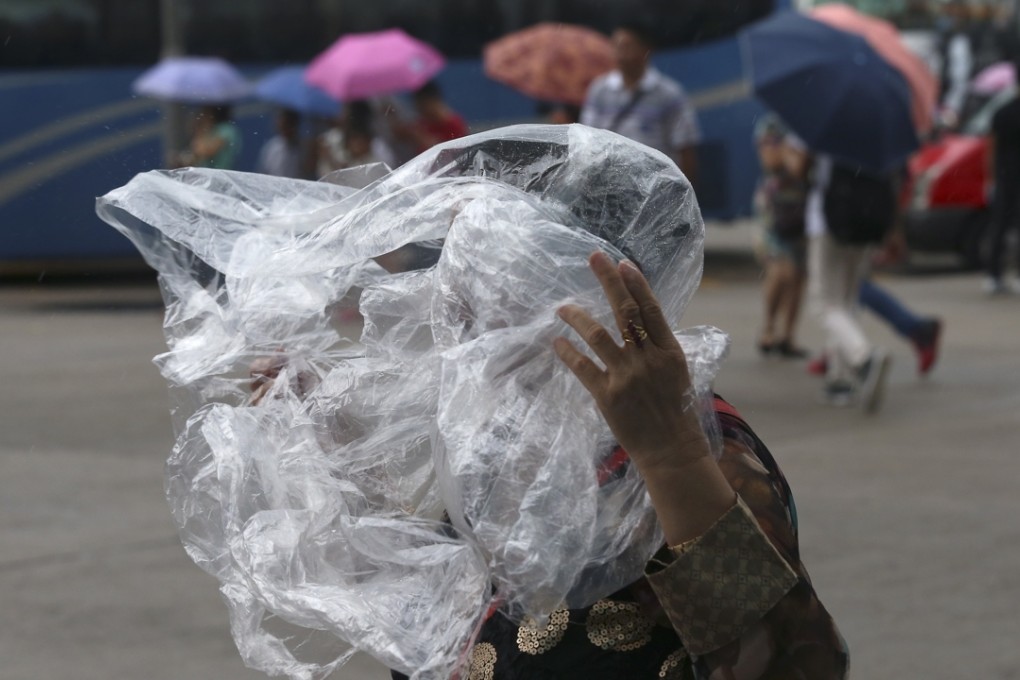Hong Kong won’t be immune to the risks of climate change
John Chai says the business sector must ensure its decision-making takes into account the potential impact of global warming, and learn to adapt

Climate change may seem an issue far removed from Hong Kong. However, it affects our prosperity. Hong Kong’s business sector should begin, without delay, to take climate risks into account in investment and operational decisions. Managing these risks also presents an opportunity for us to demonstrate leadership in China and beyond.
Hong Kong can confidently take the lead in climate adaptation, showing that a climate-resilient city is more secure, more liveable
The road map recognises the good work so far of government and business. The government has developed excellent landslide protection, enhanced drainage systems and put in place building standards for high wind speed and energy efficiency.
Businesses across different sectors have taken huge steps forward. The energy companies have, for example, implemented flood defence measures and design standards to safeguard power stations and substations from flooding. There are systems in place to maintain supply and monitor assets through adverse weather. Construction companies have begun to develop safe ways of working in hot weather. Hong Kong, as a subtropical coastal city that has been buffeted by extreme weather, has taken major strides in safeguarding the city.
READ MORE: In global fight to slow climate change, Hong Kong is proving to be a laggard
